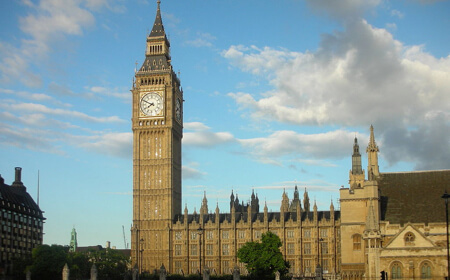As we embark on the journey through the political landscape of 2023, the world finds itself at a critical juncture, shaped by a confluence of global events, socio-economic shifts, and technological advancements. This year promises to be a dynamic one, marked by both challenges and opportunities that will test the resilience and adaptability of political systems worldwide.
Geopolitical Realignment:
The geopolitical stage continues to witness shifts in power dynamics, with nations repositioning themselves to assert influence. Traditional alliances are evolving, and new partnerships are emerging, reshaping the global order. Key players such as the United States, China, and Russia are navigating intricate diplomatic waters, with issues like trade, climate change, and regional conflicts serving as focal points.
Technological Frontiers:
Advancements in technology are revolutionizing the political landscape, introducing both benefits and challenges. The rise of artificial intelligence, blockchain, and cybersecurity concerns are reshaping governance, leading to debates about privacy, digital rights, and the ethical implications of technological integration. Governments worldwide are grappling with the need to strike a balance between innovation and regulation.
Climate Action Imperative:
The urgency to address climate change is now more apparent than ever, influencing political agendas globally. Nations are under increasing pressure to implement sustainable policies, invest in renewable energy, and collaborate on international efforts to combat the environmental crisis. The delicate balance between economic growth and environmental stewardship is a central theme in political discourse.
Social Justice Movements:
The year 2023 sees the continuation of social justice movements that advocate for equality, diversity, and human rights. Issues such as racial justice, gender equality, and LGBTQ+ rights are at the forefront of political debates. Governments are being called upon to address systemic injustices and implement policies that foster inclusivity and fairness.
Public Health and Global Resilience:
The COVID-19 pandemic has underscored the importance of global cooperation in addressing health crises. Political leaders are reevaluating public health infrastructure, crisis response mechanisms, and international collaboration to enhance global resilience. Vaccination campaigns, healthcare accessibility, and pandemic preparedness are key focal points for political agendas worldwide.
Economic Recovery and Inequality:
Economic recovery post-pandemic is a critical challenge for political leaders. Governments are devising strategies to stimulate growth, address unemployment, and mitigate the economic disparities exacerbated by the global health crisis. Balancing economic recovery with social welfare and addressing income inequality is a delicate task facing policymakers.
Democratic Values and Authoritarian Challenges:
The tension between democratic values and the rise of authoritarian regimes is an ongoing narrative. The struggle for political freedoms, human rights, and the rule of law is intensifying in several regions. Democracies are being tested, highlighting the need for vigilant defense of democratic principles and institutions.
Conclusion:
As we navigate the political landscape of 2023, the challenges and opportunities outlined above underscore the complexity of our interconnected world. Political leaders face the imperative of adaptability, collaboration, and forward-thinking to address the pressing issues of our time. In this era of rapid change, the choices made by governments will shape the future trajectory of nations and the global community. The year 2023 is a canvas upon which the brushstrokes of political decisions will leave a lasting impact, influencing the course of history for years to come.


